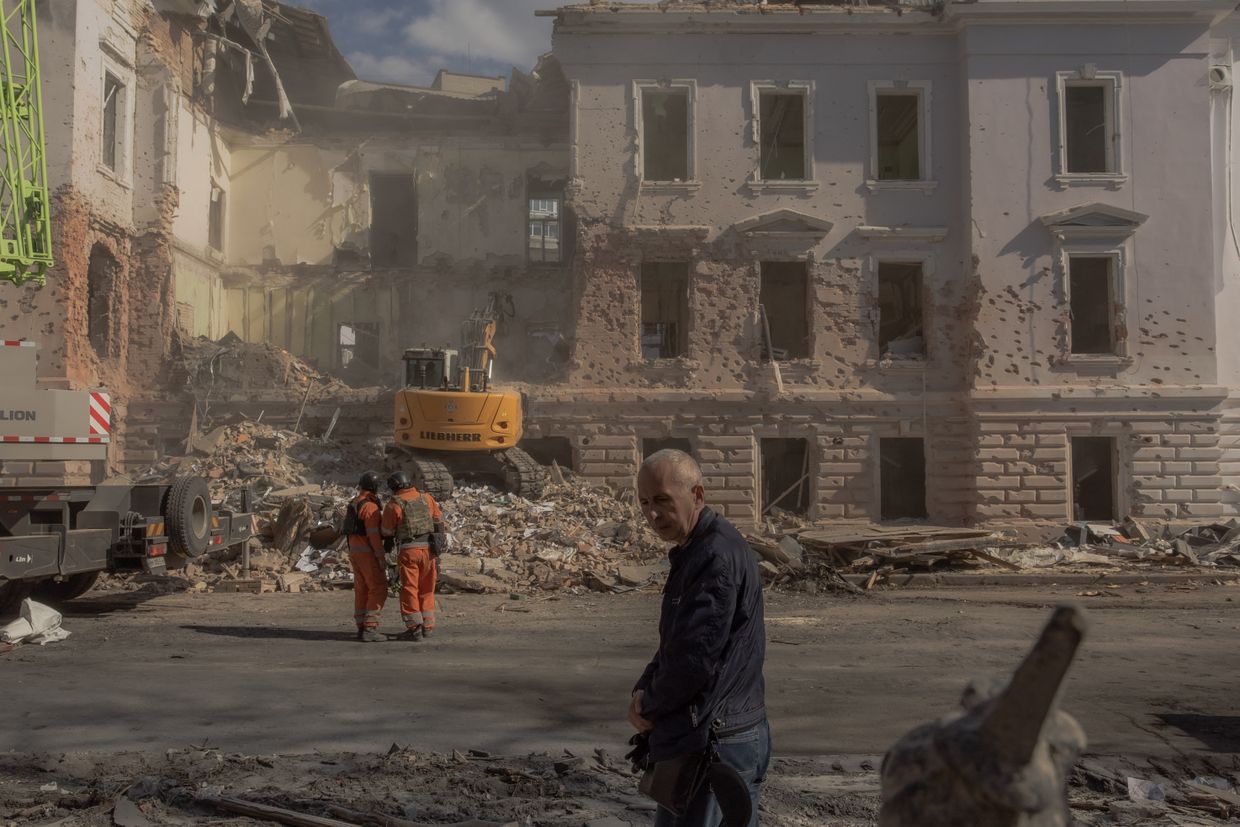Bulgaria backpedals on nuclear reactor sale to Ukraine

Bulgaria is backing off from a deal to sell two of its Russian-made nuclear reactors that Ukraine sought for the expansion of the Khmelnytskyi Nuclear Power Plant, Forbes Bulgaria reported on April 16.
The move comes as a turnaround in a deal that has been debated since 2023 and was approved by Ukraine's legislature earlier this year.
Bulgaria's deputy prime minister and chairman of the co-ruling Bulgarian Socialist Party (BSP), Atanas Zafirov, announced the news, arguing that Sofia needs to develop its nuclear energy capacities, especially amid rising electricity prices.
Boyko Borisov's GERB party, which originally backed the sale in 2023, also supported canceling the deal.
The Ukrainian parliament approved in February the purchase of Bulgaria's older VVER-1000 reactors and other equipment for Units 3 and 4 of the western Ukrainian nuclear power plant, despite heavy criticism.
While Ukraine needs to expand its nuclear energy production capacity amid Russian attacks on the power grid, some lawmakers criticized the deal, claiming that the reactors are obsolete and expensive. The parliament has long struggled to pass the law, prompting Bulgaria to extend the deadline for concluding the deal until March.
Nuclear power is key in sustaining Ukraine's energy grid, covering more than half of the country's electricity consumption. Russian missile and drone attacks have dealt devastating damage to Ukraine's thermal and hydroelectric generating capacity, necessitating periods of emergency shutdowns.
The Khmelnytskyi plant, one of the three remaining operational nuclear stations in Ukraine-held territories, is being expanded to offset the loss of the Zaporizhzhia Nuclear Power Plant, currently under Russian occupation.
The decision to abort the deal was reportedly preceded by disagreements on price. While Ukraine planned to allocate $600 million for the reactors, Bulgaria requested an additional $100 million, Ukrainian lawmaker Andrii Zhupanyn said.












